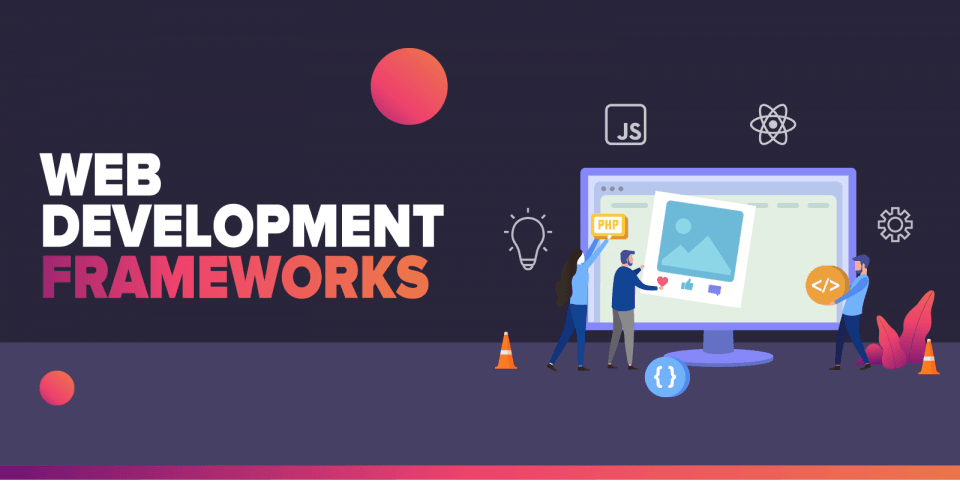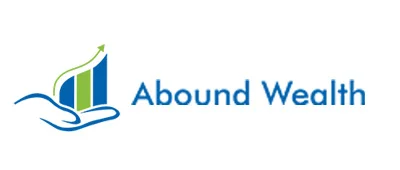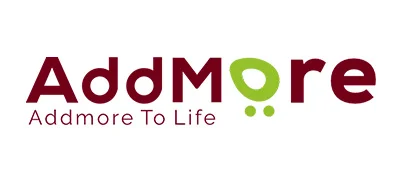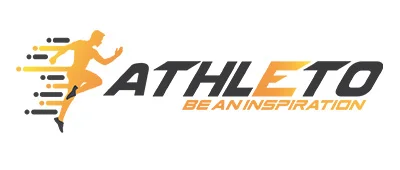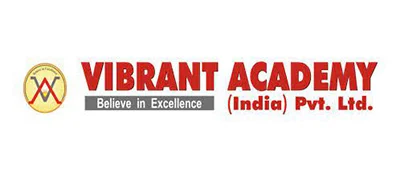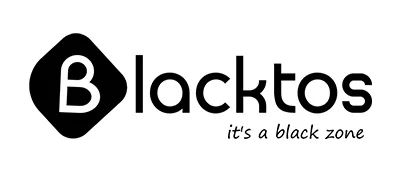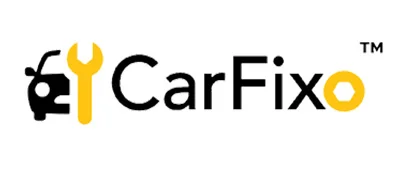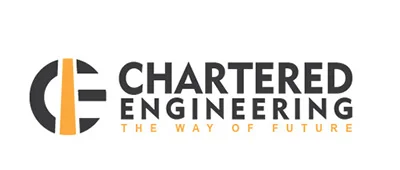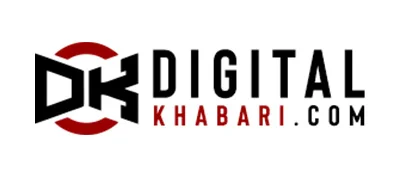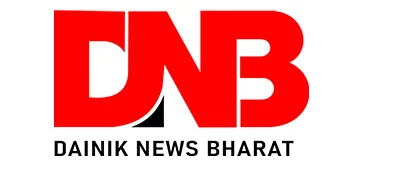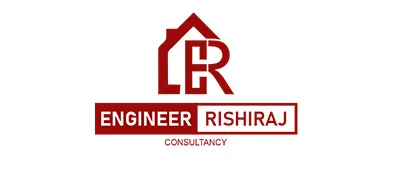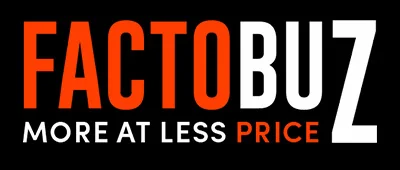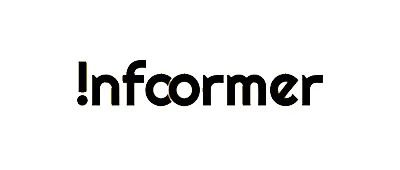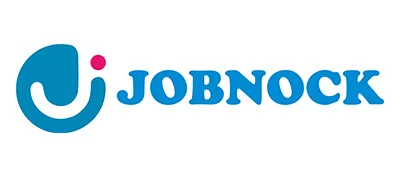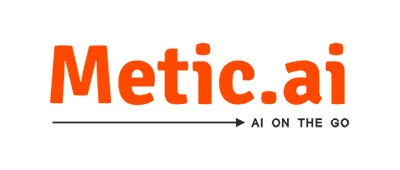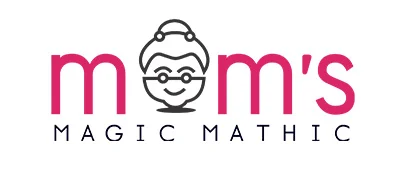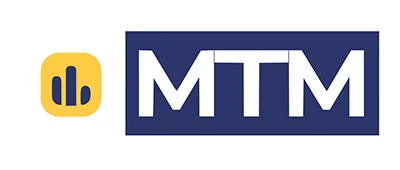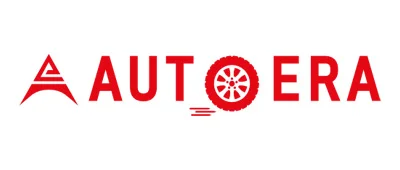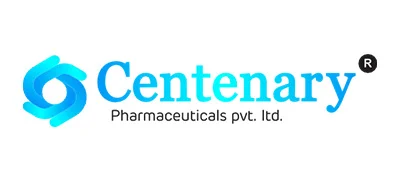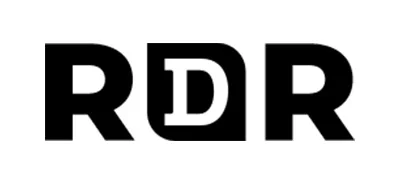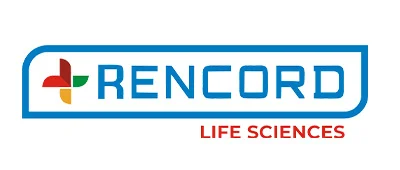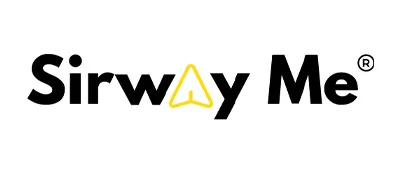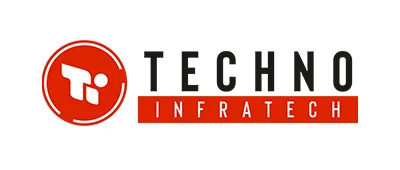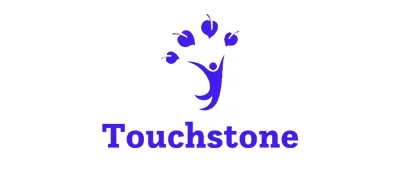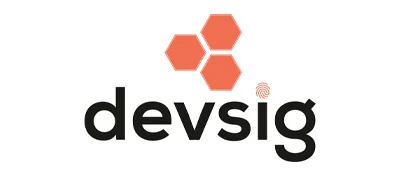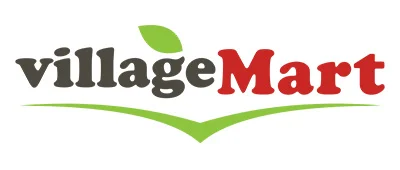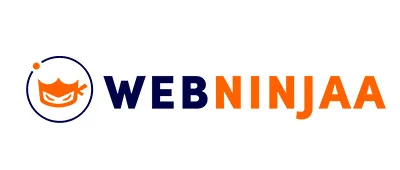Development framework : In the vast and ever-evolving landscape of web development, choosing the right framework can be a pivotal decision for developers. With a multitude of options available, each boasting its unique features, it’s essential to consider various factors before determining the best framework for your project. In this guide, we’ll delve into the top web development frameworks, their strengths, and how to choose the most suitable one for your needs.
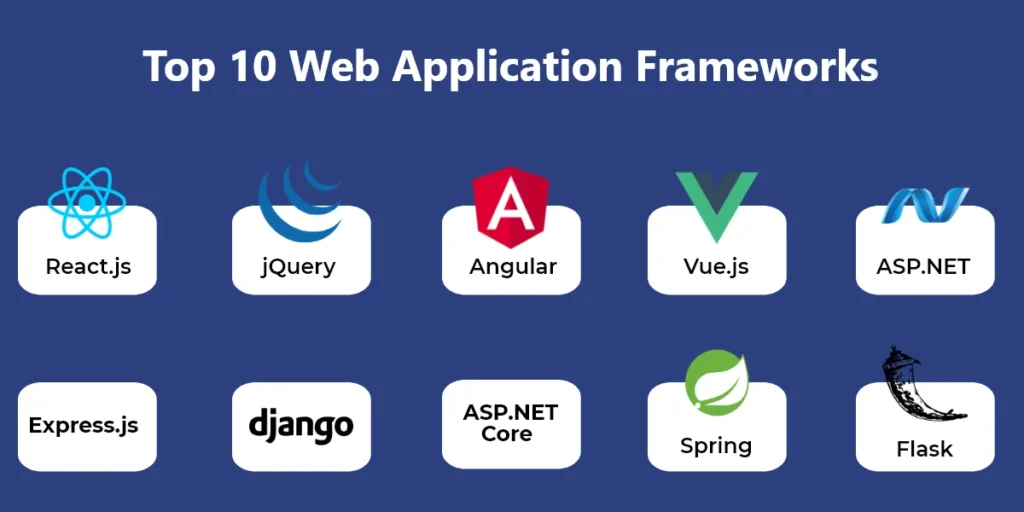
Understanding Web Development Frameworks
Web development frameworks are pre-written, standardized code structures that provide a foundation for building web applications. These frameworks streamline the development process, offering libraries, tools, and components that aid in faster, more efficient coding. They help maintain consistency, scalability, and often adhere to best practices.
Key Players in Web Development Frameworks
- React: Developed by Facebook, React is a popular JavaScript library for building user interfaces. It’s renowned for its component-based structure, enabling developers to create dynamic and interactive web applications efficiently.
- Angular: Supported by Google, Angular is a comprehensive framework suitable for building robust, single-page applications. Its extensive features, such as two-way data binding, dependency injection, and modular design, make it a solid choice for complex projects.
- Vue.js: Known for its simplicity and flexibility, Vue.js has gained traction in the web development community. It’s highly adaptable, allowing developers to incrementally adopt its features into existing projects and build scalable applications.
- Node.js: While not a traditional front-end framework, Node.js is a powerful server-side JavaScript framework. It’s well-suited for building scalable network applications and is often used in combination with front-end frameworks like React or Angular.
Choosing the Right Framework
Selecting the best web development framework depends on several factors:
- Project Requirements: Consider the project’s scale, complexity, and specific needs. For smaller projects or rapid development, lighter frameworks like Vue.js might be more appropriate, while larger, complex applications might benefit from the structure provided by Angular.
- Developer Skillset: Familiarity and expertise in a particular framework play a crucial role. Developers comfortable with JavaScript might find React more accessible, while those experienced in TypeScript might prefer Angular.
- Community Support and Ecosystem: A vibrant and supportive community ensures access to resources, libraries, and active discussions. A strong ecosystem can greatly assist in problem-solving and rapid development.
- Performance and Scalability: Evaluate the framework’s performance metrics and its scalability potential. Some frameworks might be better suited for handling large-scale applications and heavy traffic.
- Long-Term Maintenance and Updates: Consider the framework’s longevity and how frequently it’s updated. A framework with stable maintenance and regular updates is essential for the long-term success of your project.
Conclusion
The “best” web development framework is subjective and largely dependent on your project’s specific requirements, team expertise, and long-term goals. Each framework has its strengths and weaknesses, so it’s crucial to assess these against your project needs before making a decision.
Continuously evolving and adapting, the web development landscape offers a plethora of options, ensuring that there’s a suitable framework for every project. By carefully considering the factors discussed and experimenting with different frameworks, developers can find the one that best aligns with their project goals and development style. The key is to remain open to exploring new technologies while also leveraging the strengths of established frameworks to create exceptional web applications.
